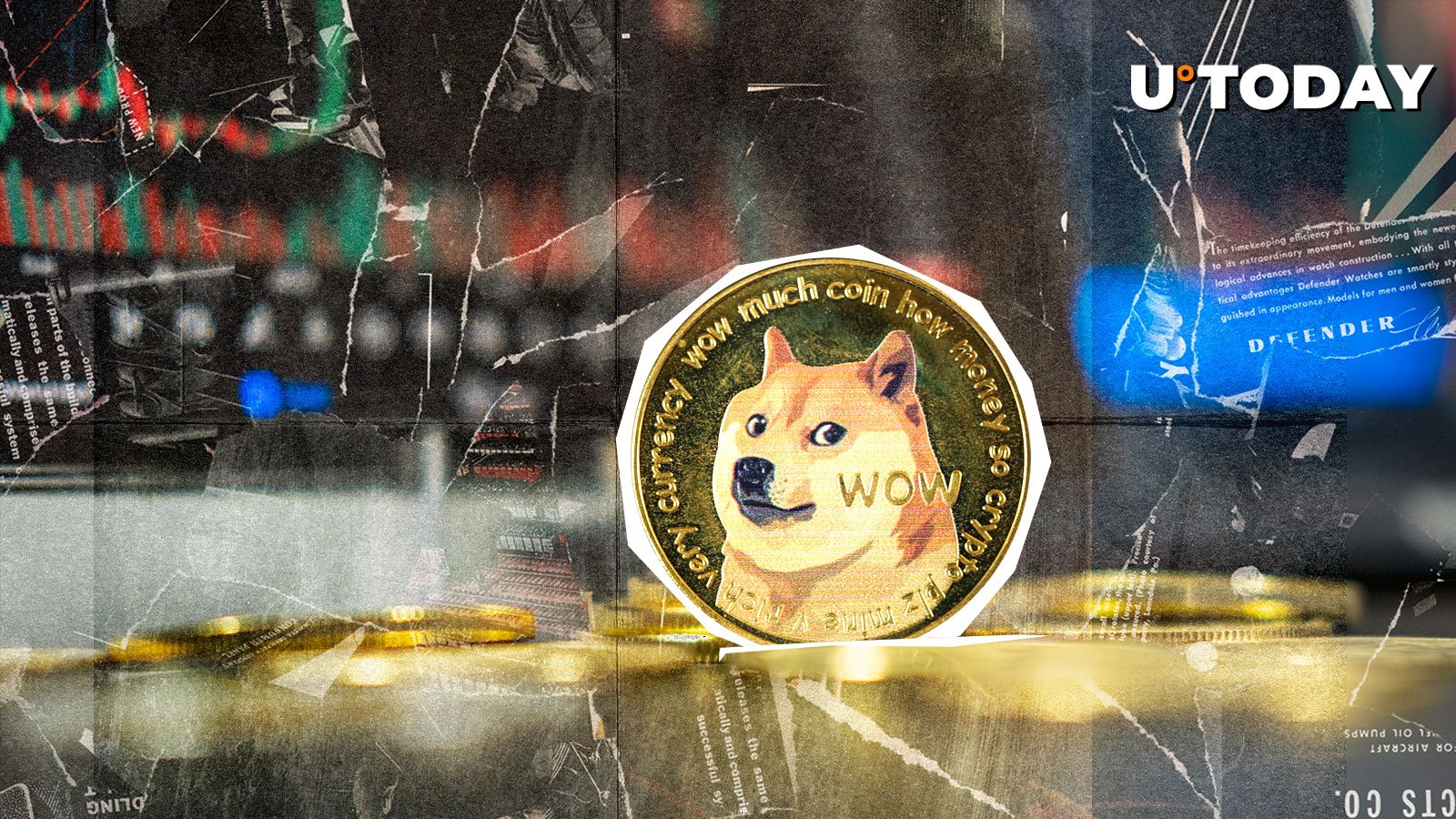Anxious working class is putting once-affluent areas in play for next month’s snap election.

Article content
(Bloomberg) — At the Hambach open-pit mine on the edge of Germany’s former industrial heartland, the ground shakes as a giant wheel excavator that’s heavier than the Eiffel Tower chews through the landscape, digging up brown coal to power factories like a cluster of paper mills in nearby Düren.
Article content
Article content
In this small city of 90,000, 40 kilometers west of Cologne, Germany’s challenges collide and it’s in once-thriving places like Düren where the battle for Germany’s future is being fought. The political campaigns ahead of the snap Feb. 23 election will start in earnest this weekend when the ruling Social Democrats and the far-right Alternative for Germany — a rising force in the region — hold party conferences.
Advertisement 2
Article content
“There’s a lot of uncertainty,” said Helge Peter Herrwegen, a local official of the IGBCE union, which represents miners and paper workers and was once a powerful voice in the region. “Conversations with our members are tough.”
From energy insecurity to sputtering manufacturing, Düren is at the nexus of structural changes roiling Europe’s largest economy. As Germany phases out local fossil fuels like those in Hambach, blue-collar workers are worried about whether their jobs are safe as employers struggle to compete with rivals from the US and China.
Impacts of Germany’s industrial slowdown have been hard to ignore in North Rhine-Westphalia, the country’s most populous state. Big employers such as Thyssenkrupp AG and Ford Motor Co. are cutting staff, while years of tepid political programs and the failure of Chancellor Olaf Scholz’s government have further shaken confidence.
The AfD — second-place in national polls — is exploiting fears in communities like Düren, which will bear the brunt of Germany’s net-zero ambitions and where the party’s call to abandon international climate agreements resonates. Even if the moves would be legally and economically implausible, the prospect for more of the same from mainstream parties isn’t appealing for anxious locals.
Article content
Advertisement 3
Article content
In Düren, the AfD gained over 4,000 votes in the European elections last June, coming just 132 shy of overtaking Scholz’s Social Democrats — once the reliable voice of the working class.
While the shift to the right is more pronounced in the former communist east, the stiff headwinds for the center-left are evident in the SPD and the Greens losing ground to populists parties, including the new left-leaning BSW, across Germany.
In North Rhine-Westphalia, cities like Duisburg — where steelmaker Thyssenkrupp is cutting 11,000 jobs — and Bochum — still reeling from the closure of an Opel car plant in 2014 — have become targets for the AfD, as it seeks to strengthen its base in western Germany.
“People in these cities are waking up to the damage caused by politicians,” said Christian Loose, the AfD’s economic spokesman in the region. As it strives for dominance in the state by decade’s end, the party is seeking to weaken the influence of organized labor. “Union bosses support climate policies and no longer stand for their members’ interests,” he said.
Voter frustration has different sources in Germany. In the east, it stems from reunification and feelings of being left behind have been intensified by an influx of migrants. Unease in the west comes from threats to once-comfortable living standards from declining competitiveness, and environmental initiatives have become a target since they’re seen as hurting local businesses.
Advertisement 4
Article content
“The AfD is capitalizing on anxiety in regions where industries struggle to adapt,” said Jens Südekum, professor of international economics at Heinrich Heine University in Dusseldorf. He predicts this trend will intensify as Germany accelerates emissions reductions this decade to meet climate targets. “For anxious voters, the AfD offers a radically different course.”
In Düren, economic recovery feels distant, and the Schoellershammer paper factory is emblematic of local struggles.
It previously depended on three weekly train shipments of lignite briquettes from a producer near the Hambach mine. After Angela Merkel’s administration sealed plans in 2019 to phase out coal, the factory installed a gas-fired furnace to generate the steam it needs for production. That reliability didn’t last long.
Russia’s moves to cut off gas supplies following its 2022 invasion of Ukraine sent gas prices soaring and plunged Schoellershammer into crisis. The factory adapted by burning its own production waste to cut energy costs, but challenges remain. European regulations and a sluggish economy are causing further headaches.
Advertisement 5
Article content
Deteriorating job prospects are especially alienating for young Germans, and the AfD is targeting this group through social media, like TikTok. In a recent video, Martin Vincentz, the 38-year-old head of the AfD’s caucus in the North Rhine-Westphalia’s regional parliament, called on the next generation to reject the status quo and “complete the political change in this country.”
“We are noticing that a lot is being communicated via social media and less directly in the companies,” said Matthias Dürbaum, a Düren-born employee representative on the supervisory board of utility RWE AG, alluding to the waning influence of trade unions on political affiliation.
The party has raised alarm for promoting deportation of migrants and calling for Germany to leave the euro. Following xenophobic comments and leading figures using banned Nazi slogans, three state chapters in the east have been classified as right-wing extremist and put under surveillance by the domestic intelligence service.
In Düren, Ernst Müller and his wife Yvonne are trying to keep young people from drifting toward ethnic nationalism. The former European middleweight champion boxer operates a gym and trains a few dozen teenagers, providing encouragement and a sense of purpose for kids from different backgrounds.
Advertisement 6
Article content
Sitting in his office, filled with photos and memorabilia from his heyday in the late 1970s, Müller points with pride to an award he received from the city for helping integrate non-German youth into the community. The couple says Germany needs rally together to get out of its crisis.
“We are like a family here,” said Yvonne, emphasizing the club’s stance against far-right influences seen in some mixed martial arts clubs across Europe and the US. “We look out for one another and help each other through difficult times. We’re greatly proud of what these children go on to achieve.”
In the town hall, Mayor Frank-Peter Ullrich is trying to draw comfort from history. In the Social Democrat’s office, a tapestry highlights disastrous milestones from the Thirty Years’ War to World War II, when advancing Allied forces flattened the city to avoid bloody house-to-house fighting. The community bounced back each time.
While there’s less drama now, he acknowledges that delays in receiving funds to help ease the region’s transition away from coal have deepened public skepticism after towns were vacated and parts of a 12,000-year-old forest were cleared to dig up coal.
“People gave up their homes to boost the economy,” said Ullrich, referring to villages destroyed for mining expansion. “The deal was stable jobs and development. That trust is eroding.”
—With assistance from Tom Fevrier.
Article content








Leave a Comment